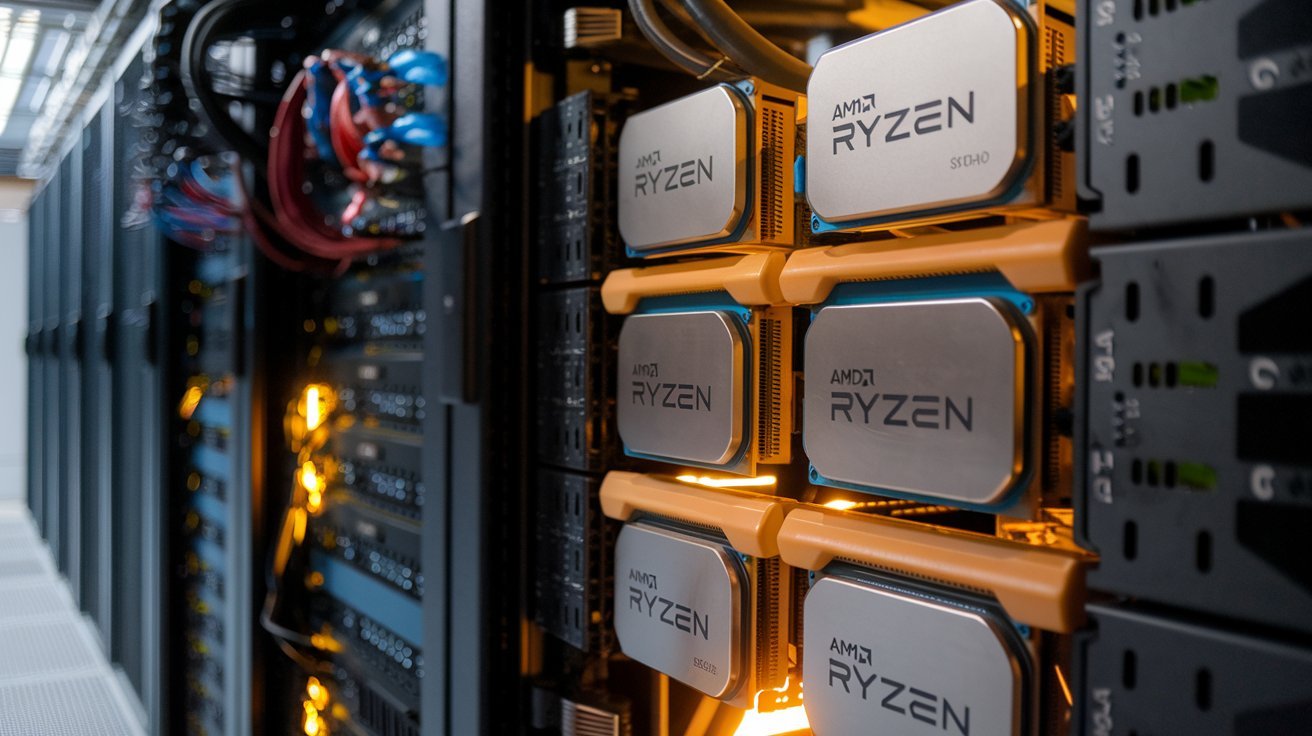The fusion of artificial intelligence (AI) and music technology has sparked a revolution in how we create, distribute, and experience music. AI-powered tools and platforms are transforming various aspects of the music industry, from composition and sound generation to music recommendations and personalized playlists. This article explores the exciting advancements in AI music technology, highlighting its impact on musicians, producers, and listeners.
AI in Music Composition
AI has significantly evolved in the realm of music composition. Using deep learning algorithms, AI models can now analyze thousands of music tracks, learn patterns, and compose original pieces of music. This technology opens up new possibilities for both amateur and professional musicians who can collaborate with AI to generate fresh and unique sounds.
One notable AI-driven platform is Amper Music, which allows users to create music by simply selecting a style, mood, and instruments. Amper’s AI takes over the composition, generating royalty-free music in a matter of minutes. This is ideal for content creators looking for custom soundtracks without needing a background in music theory.
AI in Sound Design and Production
Music production is another area where AI has made a profound impact. AI-driven sound design tools analyze existing audio files, detect patterns, and suggest ways to enhance them. These tools can even generate entirely new sounds based on the audio data provided.
AI-based plugins like LANDR offer automatic mastering services that help producers achieve professional-quality sound without the need for expensive studio equipment. These AI tools can assess the frequency, dynamics, and stereo spread of a track, then apply complex algorithms to improve the overall sound quality.
Personalized Music Recommendations
AI’s ability to analyze vast amounts of data also enhances the way we discover music. Streaming platforms such as Spotify and Apple Music use AI algorithms to recommend songs based on a listener’s preferences and listening habits. This personalized music discovery experience ensures that users are always exposed to new artists and genres they may enjoy.
For example, Spotify’s recommendation algorithm utilizes collaborative filtering and natural language processing (NLP) to analyze listening behaviors, song metadata, and even the mood or tone of songs. This data is then used to create personalized playlists like “Discover Weekly” or “Release Radar,” delivering music tailored to individual tastes.
AI and Music Licensing
AI is not only revolutionizing the creation of music but also the way it’s licensed. Platforms powered by AI help musicians and producers protect their intellectual property by automatically identifying potential copyright infringements. Moreover, AI-based services like JAAK are using blockchain and AI to streamline music rights management, ensuring that artists get paid fairly for their work.
Challenges and Ethical Considerations
Despite its benefits, AI music technology also presents challenges. One of the main concerns is whether AI-generated music can ever truly capture the emotion and creativity of human composition. Additionally, there are concerns over intellectual property rights – as AI becomes more involved in music creation, who owns the copyright to AI-generated works?
Another concern is that the rise of AI-driven tools may lead to fewer opportunities for human musicians, especially as more content creators turn to AI for quick, royalty-free music. The balance between human creativity and AI assistance remains a crucial question as technology continues to evolve.
The Future of AI Music Technology
The future of AI in music is incredibly promising. As AI models become more sophisticated, we can expect even greater integration between human musicians and AI collaborators. New AI tools are constantly being developed, offering musicians of all skill levels access to powerful resources that can enhance their creative process.
Furthermore, AI-driven platforms like the newly launched AI Music Creator are pushing the boundaries of what AI can achieve in the world of music. These platforms offer musicians an intuitive interface to collaborate with AI in real-time, generating complex compositions with minimal input.
The rapid development of AI music technology shows no signs of slowing down, and as more creators embrace it, we can expect groundbreaking innovations in the way we produce and consume music.
Related Links:
AI is reshaping the music industry in ways that were unimaginable just a decade ago, and the future holds even more exciting possibilities for musicians, producers, and listeners alike. By embracing AI technology, the music world is poised for a creative renaissance.






